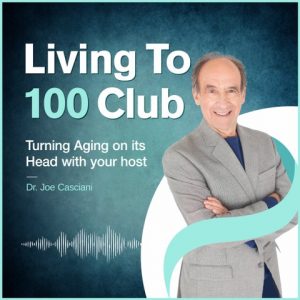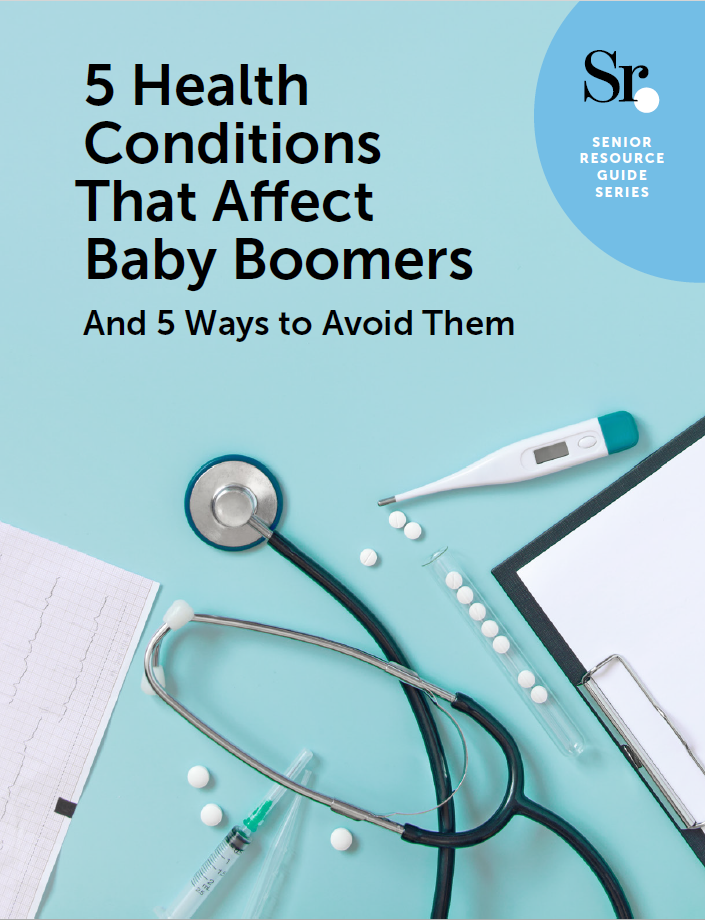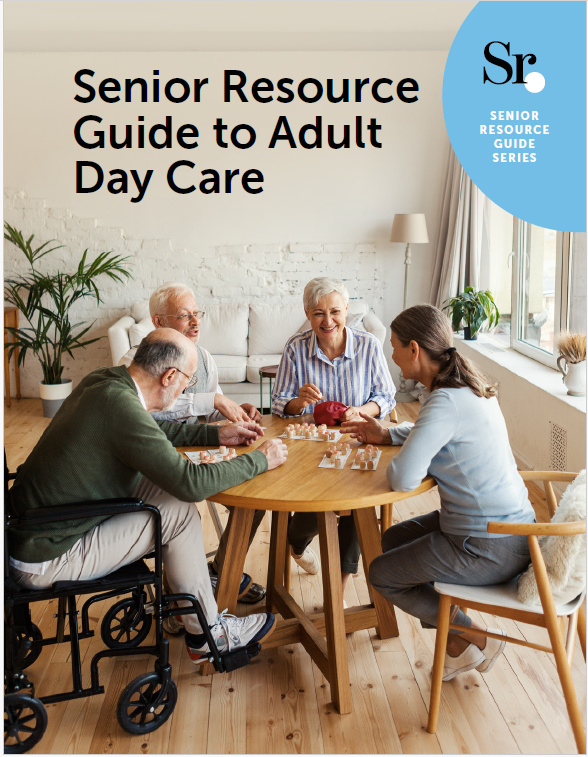Chronic Pain Reset: Unmasking the Brain’s Role in Processing Pain
In this Living to 100 Club podcast, our guest discusses strategies for changing how someone experiences chronic pain. Our guest is Dr. Afton Hassett, the author of a just-released book, Chronic Pain Reset: 30 days of Activities, Practices, and Skills to Help You Thrive. The book helps readers evaluate your pain and its triggers and offers straightforward and often fun strategies to improve chronic pain. How can a seemingly disconnected set of activities, like sleep patterns or exercise, actually work to reduce pain. What are some of these activities? And we answer an important question: why the cause of an acute pain experienced five years ago is not the cause of today’s chronic pain. Our listeners will benefit greatly from this conversation about developing your own personalized pain-management tool kit. Be sure to tune in.
About the Living to 100 Club
Subscribe to and Connect with Living to 100 Club

Visit Living to 100 Club: https://livingto100.club/
5 Quick Tips for Managing Chronic Pain

- Practice Meditation: Engaging in regular meditation can reduce stress, helping to alleviate chronic pain. Techniques such as deep breathing exercises and guided imagery can be beneficial for improving mental and physical well-being.
- Exercise and Stretch: Incorporating daily workouts and muscle-relieving stretches into your routine can effectively manage chronic pain. Regular exercise releases endorphins, which can help alleviate pain and improve mobility and flexibility. It’s important to consult a healthcare provider before starting any exercise program.
- Prioritize Sleep: Getting enough sleep is crucial for managing chronic pain. Sleep deprivation can increase pain levels and worsen symptoms like fatigue and depression. Aim for 7-8 hours of sleep each night and establish a bedtime routine to promote better sleep habits.
- Join a Support Group: Being part of a support group connects you with others facing similar challenges and provides emotional support and useful resources. It creates a sense of community where you can share experiences, learn coping strategies, and gain valuable insights.
- Avoid Vices: Steer clear of substances like drugs, cigarettes, and alcohol when managing chronic pain. These vices can worsen pain symptoms and have negative impacts on overall health. Discussing substance use with a healthcare provider and developing a plan to quit or reduce usage, if necessary, is advisable.
Popular Articles About Health Conditions, and Living to 100
Originally published December 13, 2023









